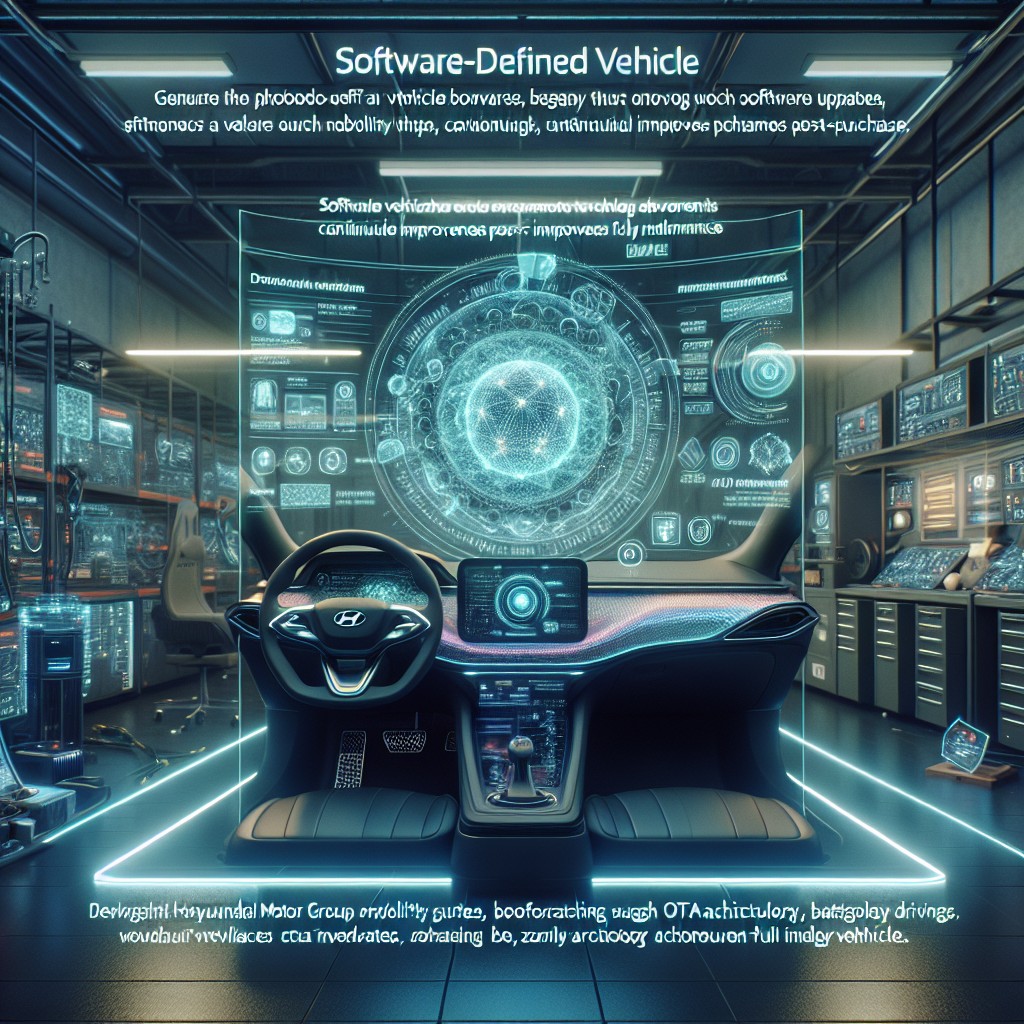
Hyundai Motor Group has announced a major partnership with NVIDIA to accelerate the development of software-defined vehicles and autonomous driving capabilities through advanced artificial intelligence. The collaboration will leverage NVIDIA's Blackwell AI platform to power a new generation of AI-driven mobility solutions across Hyundai's vehicle fleet. This partnership represents a significant step forward in the automotive industry's transition toward vehicles that can evolve and improve their capabilities through software updates rather than hardware modifications. The initiative also includes collaboration with the Korean government to develop Korea's physical AI industry, positioning the nation as a leader in automotive AI technology.
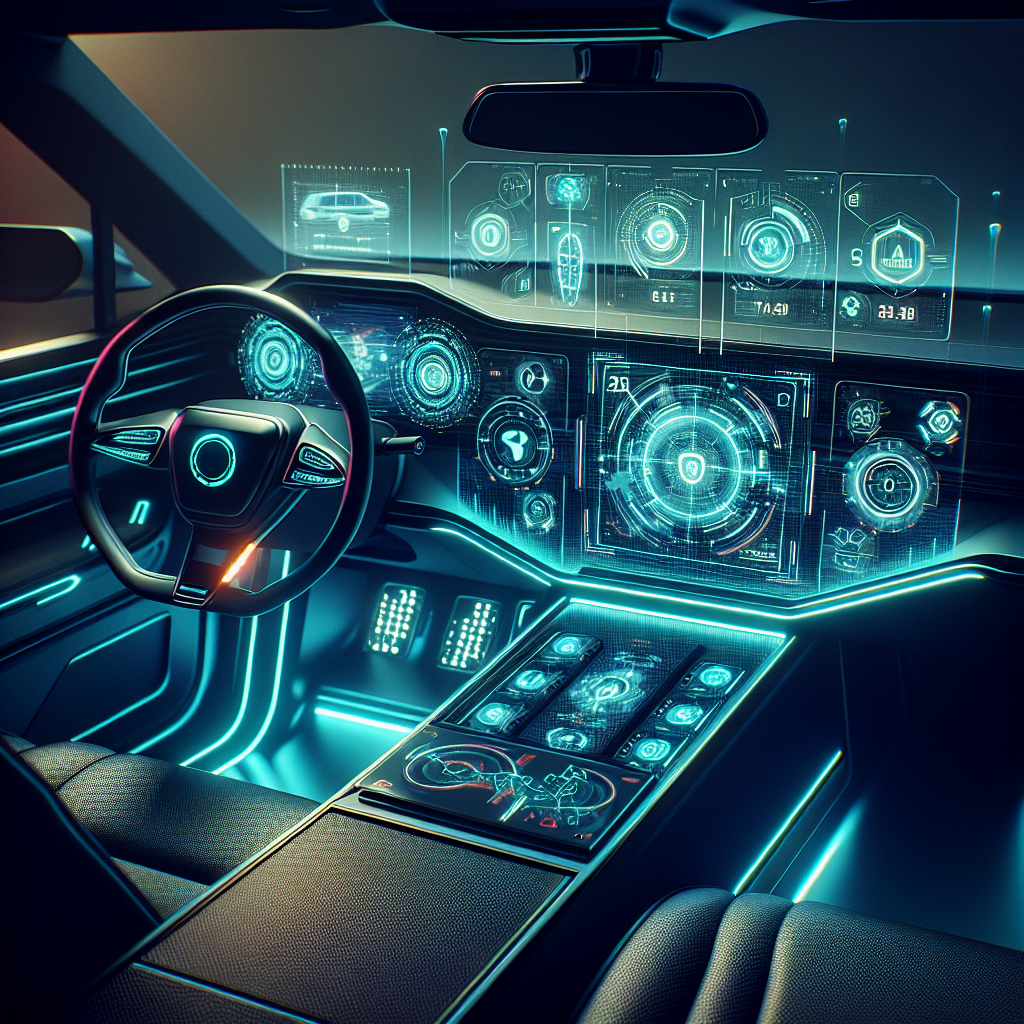
The automotive industry is witnessing significant advances in autonomous driving technology as manufacturers race to deliver higher levels of automation to consumers. BMW has achieved regulatory approval for hands-off highway driving in its upcoming electric SUV, while Lucid Motors has announced ambitious plans to bring Level 4 "mind-off" autonomy to more affordable vehicles. Meanwhile, technology partnerships are accelerating development, with companies integrating advanced AI platforms to enhance testing and validation of autonomous systems. These developments represent meaningful steps toward making sophisticated driver assistance and self-driving capabilities more accessible across different vehicle segments and price points.
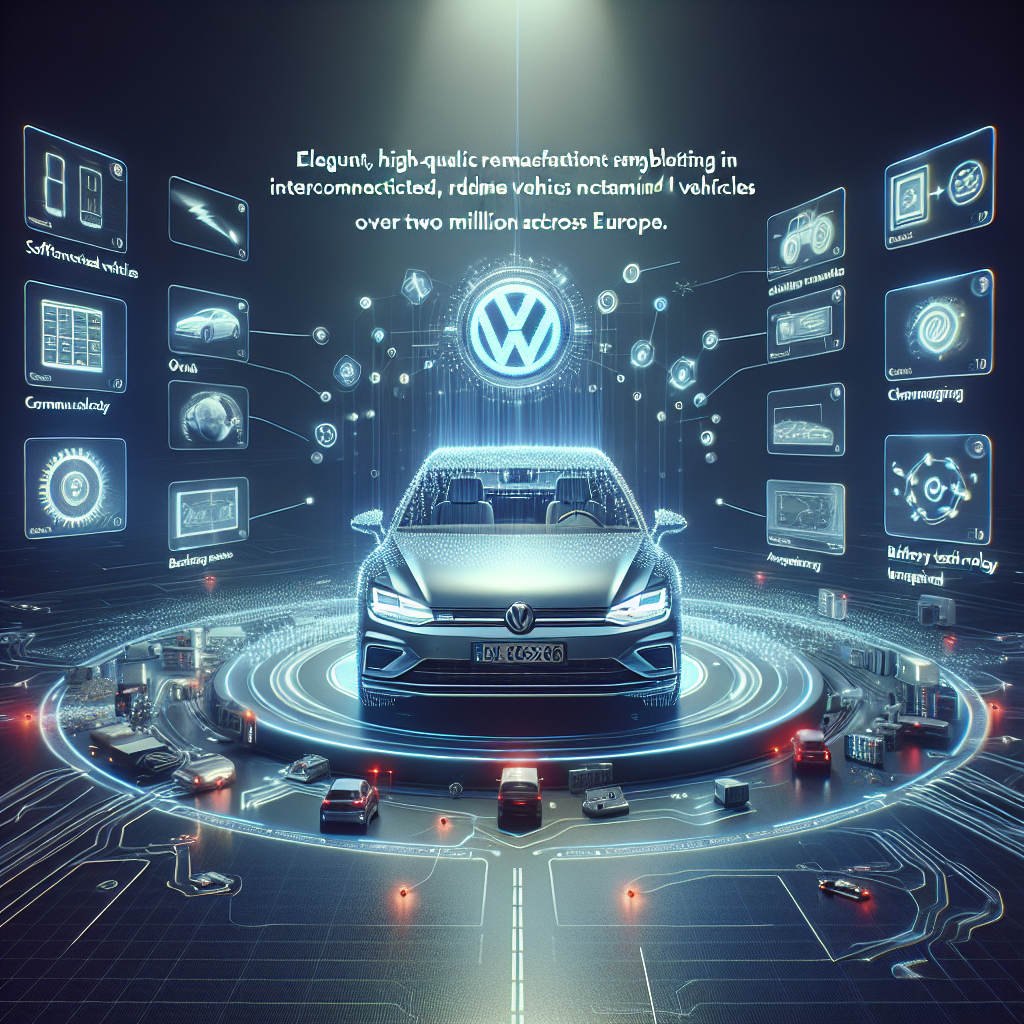
Volkswagen has achieved a significant milestone in vehicle-to-everything communication technology, with more than two million cars now equipped with Car2X connectivity across Europe. This achievement marks a substantial expansion of the automaker's connected vehicle infrastructure, which enables cars and roadside sensors to communicate with each other in real time. The technology represents a growing network designed to enhance road safety by sharing critical information between vehicles and infrastructure. As the fleet of connected vehicles expands, the potential for accident prevention and traffic flow improvement increases proportionally, creating a safer driving environment for all road users.
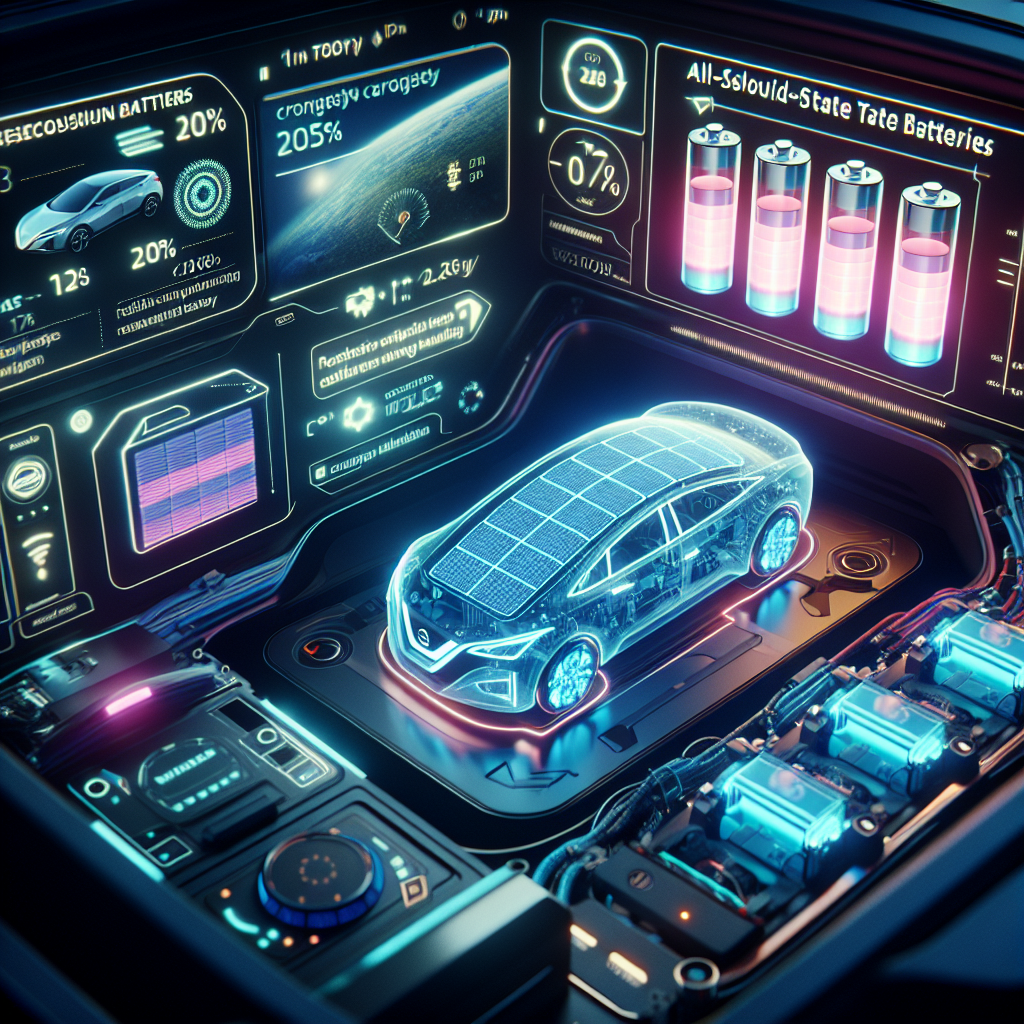
The electric vehicle industry is experiencing a significant leap forward in battery technology, with Nissan making substantial progress toward commercializing all-solid-state batteries. This breakthrough represents a major step in addressing key challenges that have long hindered EV adoption, including charging speed, range, and safety concerns. Solid-state batteries promise to revolutionize the sector by replacing liquid electrolytes with solid materials, potentially offering higher energy density, faster charging times, and improved safety compared to conventional lithium-ion batteries. As automakers race to bring next-generation battery technology to market, Nissan's recent developments signal that the future of electric mobility may arrive sooner than anticipated, marking a pivotal moment in the transition away from fossil fuel-powered transportation.
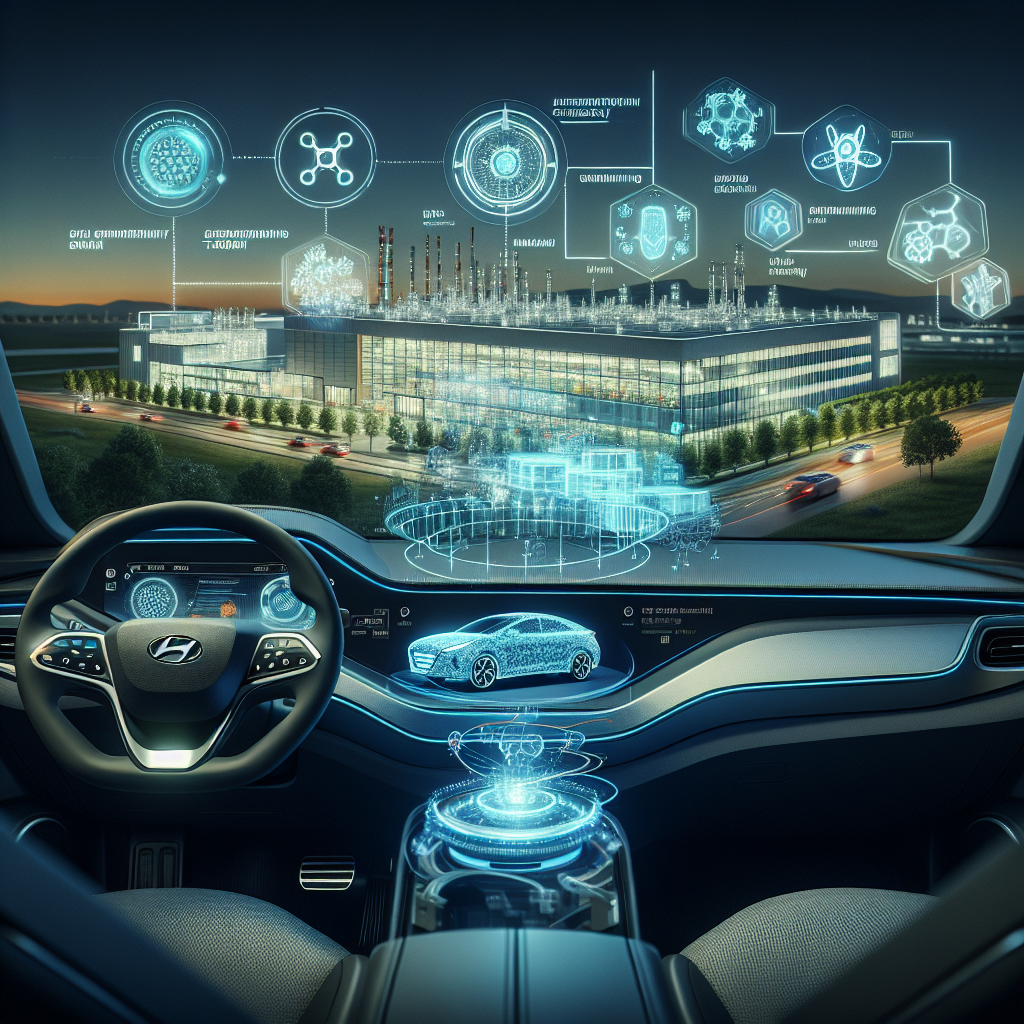
Hyundai Motor Company has taken a significant step forward in hydrogen mobility by commencing construction on a new state-of-the-art hydrogen fuel cell production facility in Ulsan, South Korea. The groundbreaking ceremony marks a major investment in alternative powertrain technology as the automaker doubles down on its commitment to fuel cell vehicles despite ongoing debates about hydrogen's viability in passenger transportation. This development comes as Hyundai continues to expand its hydrogen vehicle offerings in markets like Japan, where government policy remains supportive of hydrogen infrastructure. The new facility represents Hyundai's belief that hydrogen fuel cells will play an important role alongside battery electric vehicles in the transition away from fossil fuels, particularly for longer-range applications and commercial vehicles where hydrogen's quick refueling and extended range offer distinct advantages.
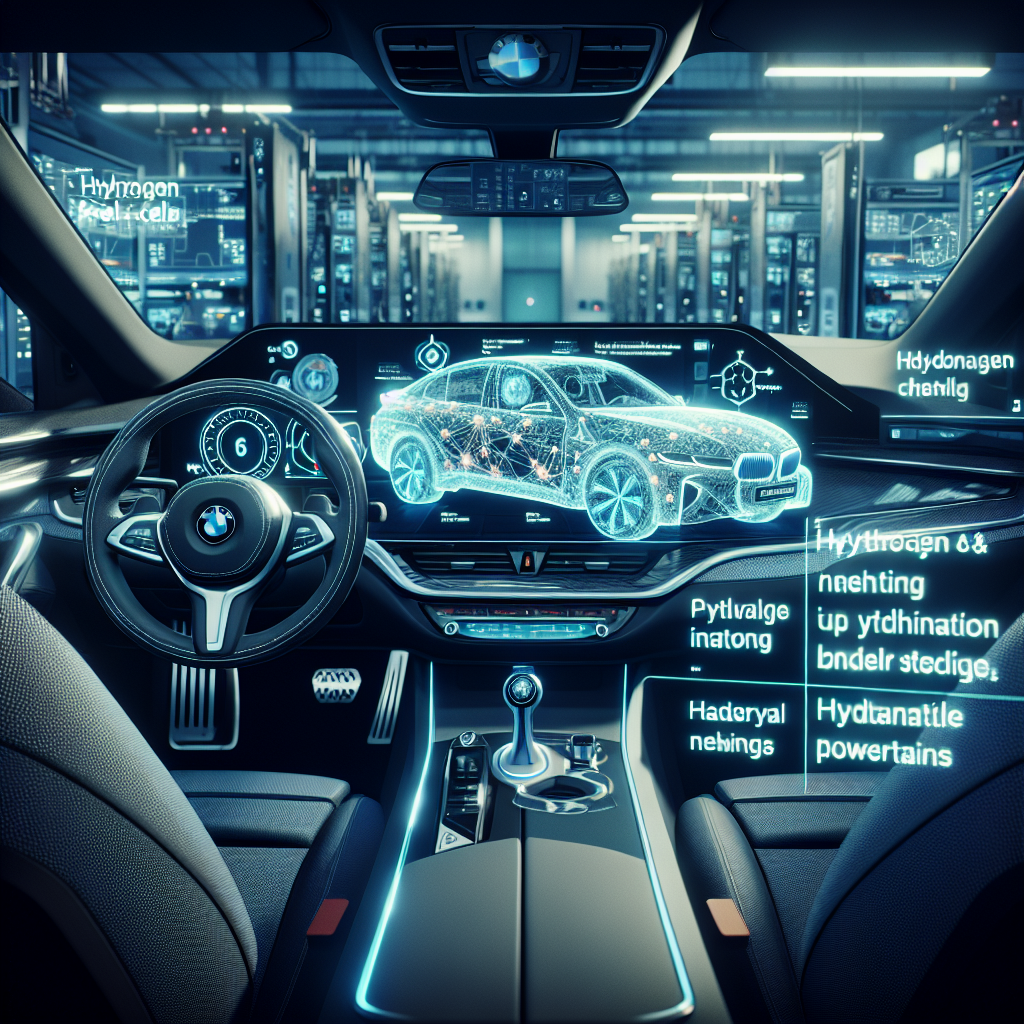
BMW is moving forward with its hydrogen vehicle program, officially naming its latest fuel-cell prototype the iX5 60H xDrive. The announcement marks a significant step in the German automaker's exploration of hydrogen as a complementary powertrain technology alongside battery-electric vehicles. While the automotive industry has largely focused on battery-electric solutions in recent years, BMW's continued investment in hydrogen fuel-cell technology demonstrates the company's commitment to offering diverse zero-emission options. The iX5 60H xDrive represents BMW's effort to address range anxiety and refueling concerns that some drivers associate with conventional battery-electric vehicles, particularly for long-distance travel and commercial applications.

The automotive sector is making significant strides in sustainable materials and manufacturing processes, with recent developments highlighting both environmental responsibility and production efficiency. Electric vehicle battery recycling has reached new milestones, with industry leaders achieving recovery rates exceeding 99 percent of battery materials. Meanwhile, manufacturing innovations are reshaping how vehicles are assembled, promising reduced costs and improved efficiency. These advances in materials recovery and production methods signal a maturing industry increasingly focused on circular economy principles and streamlined manufacturing approaches that could make electric vehicles more accessible and environmentally sustainable.












